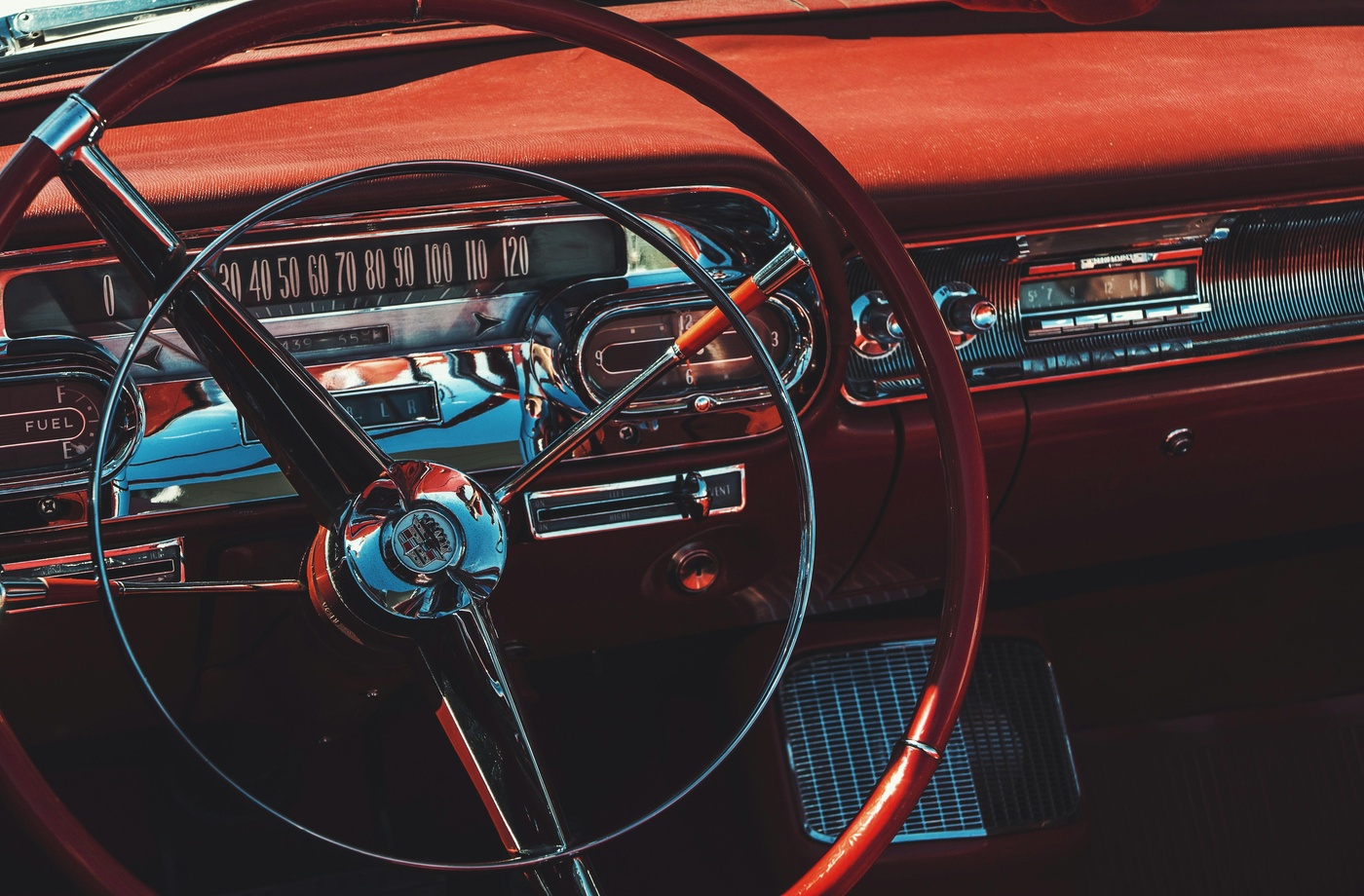Your driving habits aren’t the only thing impacting how much fuel your vehicle burns. Regular car maintenance plays a critical role in fuel economy—often more than drivers realize. Whether you’re commuting daily or preparing for a long road trip, paying attention to your vehicle’s condition can translate to real savings at the pump. Here’s how basic maintenance can improve mileage and reduce gas expenses.
- Tire Pressure and Alignment
Under-inflated tires increase rolling resistance, making your engine work harder. According to the U.S. Department of Energy, keeping tires properly inflated can improve gas mileage by up to 3%. Regularly checking tire pressure—especially during temperature changes—is an easy habit that boosts both fuel efficiency and tire longevity.
Proper wheel alignment also matters. Misaligned tires can drag against the pavement, lowering efficiency and causing uneven wear. If your car pulls to one side or your steering feels off, it’s time for a realignment.
- Engine Tune-Ups and Spark Plugs
A misfiring spark plug or dirty air filter can drop fuel economy significantly. The EPA notes that replacing a faulty oxygen sensor can improve mileage by as much as 40%. Regular engine tune-ups ensure your engine is running cleanly and efficiently, allowing better fuel combustion and fewer emissions.
- Clean Air and Fuel Filters
Your engine needs clean air and fuel to function efficiently. A clogged air filter can reduce performance and mileage—especially in older vehicles. While newer models adjust automatically, it’s still worth replacing air filters based on your manufacturer’s schedule. Likewise, fuel filters that are overdue for a change can restrict fuel flow and force your engine to work harder.
- Motor Oil and Lubrication
Using the correct motor oil for your vehicle improves engine performance and helps maintain optimal fuel economy. The wrong oil—or neglecting oil changes—creates extra resistance in the engine. Look for oils labeled “Energy Conserving” by the American Petroleum Institute (API) and always follow your vehicle’s recommended oil change intervals.
- Check the Gas Cap
A loose, cracked, or missing gas cap allows fuel vapors to escape, which can trigger your check engine light and reduce fuel economy.
- Reduce Weight and Aerodynamic Drag
While technically not maintenance, keeping your car clutter-free supports better fuel economy. Remove heavy, unnecessary items from the trunk and detach roof racks when not in use. These adjustments ease your car’s workload and improve efficiency.
- Use the Right Fuel
Using a higher-octane fuel than your car requires offers no benefit and just drains your wallet. Check your owner’s manual—most vehicles are designed to run on regular unleaded fuel. The AAA confirms that most drivers do not benefit from using premium unless required by the manufacturer.
The Bottom Line
Routine maintenance may seem like a chore, but it directly impacts your wallet through better gas mileage. Staying on top of tire pressure, engine health, and fluid quality can save you hundreds of dollars per year in fuel costs.
Small fixes make a big difference—so the next time you head to the pump, make sure your vehicle is helping you save, not holding you back.



